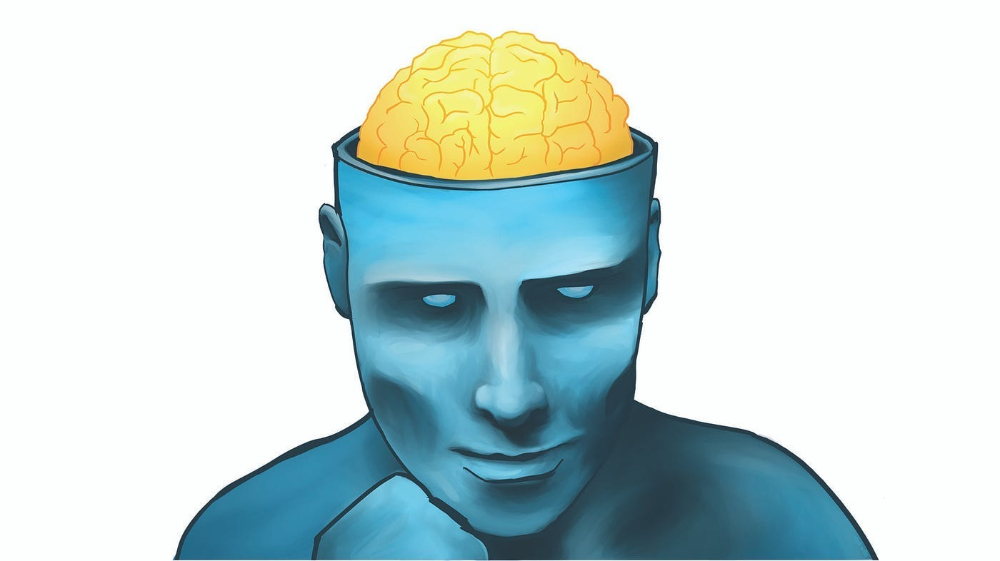The Golden Rule of Habit Change

What do you get when you combine Pulitzer Prize-winning science writer, Charles Duhigg, with The New York Times bestselling psychologist, Adam Alter, and neuropsychopharmacologist, Carl Hart, who specializes in drug abuse treatment strategies for substance-dependent individuals?
You get a Big Think!
Big Think is “a community of more than 10 million lifelong learners who are interested in getting smarter, faster.” Founded in 2007, the company is primarily focused on making businesses smarter, faster. Its revenue derives from subscription-based products for professional development.
An early source of capital for Big Think was investor Peter Thiel, the co-founder of PayPal. The idea behind the company appears to be to locate the world’s smartest people, extract their top bits of wisdom, package those with expert audio, video, and animation, then give away a brief free version and sell access to the full version.
A case in point is the video intriguingly entitled, Addictions and habits, explained by a neuroscientist, a psychologist, and a journalist. The seven-minute video was released this week by Big Think. Here’s a fuller description of the three experts.
Charles Duhigg is the first and last speaker in the video, and discusses mostly habit substitution. He is the author of The Power of Habit; Smarter, Faster and Better; and Supercommunicators. He currently writes for The New Yorker and previously won a Pulitzer Prize for his work at The New York Times.
Adam Alter has an interesting background as both a professor of marketing and a professor of psychology at New York University. He is the author of Irresistible, about “why so many people today are addicted to so many behaviors,” and Anatomy of a Breakthrough, about “how to get unstuck in a world laden with friction.”
Carl Hart is the scientific heavy hitter of the trio. The Mamie Phipps Clark Professor of Psychology (in Psychiatry) at Columbia University, Hart is a neuropharmacologist who conducts research on the human response to psychoactive drugs. He is a co-author of the textbook, Drugs, Society, and Human Behavior.
The video is nominally about bad habits. At only seven minutes long, it is not a deep think. The three experts never dialogue, which is too bad. Each was filmed independently of the others, by all appearances, and the montage was assembled by a gifted editing team.
Duhigg explains the usefulness of good habits and the persistence of bad habits. He shows that habitual behavior has three parts: the cue, the behavior, and the reward. This leads him to the golden rule of habit change, a concept at the core of his book, The Power of Habit, which he wrote up in article form for PsychCentral in 2012.
The golden rule of habit change is that you can’t change cues, behaviors, and rewards all at the same time. You have to try to live with the cues, keep finding the rewards, and shoehorn a new habit in place of the bad habit. That’s called habit substitution, and we’ve written a lot about it here at AddictionNews.
Alter offers a novel take on smartphone addiction. He calls it “the adult pacifier,” soothing anxiety in moments of boredom or loneliness. What makes the devices so addictive, he says, is that we are looking for two things: unpredictability and rapid response. We want to see results instantly and we don’t want them to be too predictable.
Taken with the other experts, Alter’s insight could lead to using the addictive powers of social media to substitute for substance use disorders or behavioral disorders. If a person is used to indulging when getting off work, could that indulgence be switched from a substance of abuse to a smartphone interaction?
Perhaps the most illuminating moment in the short video came when Hart explained that everyone has been looking for addiction in the brain. Addiction is not in the brain, he says, it’s in the behavior. He recommends more focus on recognizing problem behaviors and working with individuals to determine the causes and best treatment options.
Habit substitution is a Big Think. Using smartphone addiction to wean people off other addictions is a Big Think. Focusing addiction research on what changes behavior is a Big Think. If you want some deep thinking to go with that Big Think, stay tuned to AddictionNews for big, deep thinking on addiction and recovery nearly every day.
Written by Steve O’Keefe. First published October 23, 2025.
Sources:
“Addictions and habits, explained by a neuroscientist, a psychologist, and a journalist,” Big Think, October 13, 2025.
“The Golden Rule of Habit Change,” PsychCentral, July 17, 2012.
Image courtesy of Matthew Willis, used under Creative Commons license.




